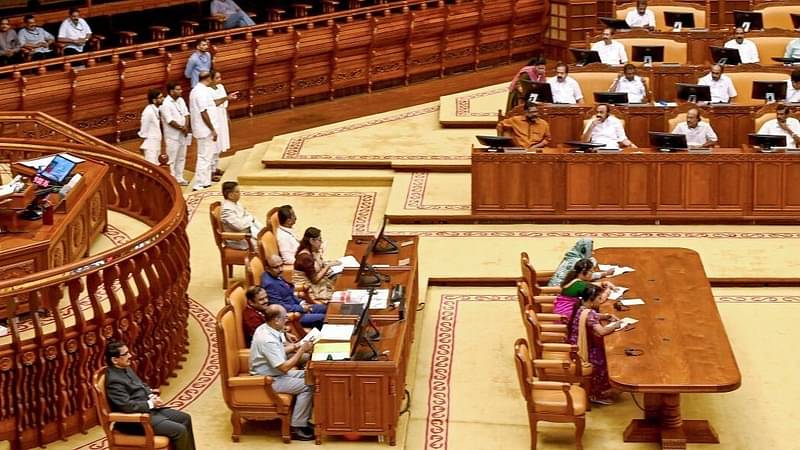Kerala Passes Private Universities Bill
Recently, the Kerala Assembly passed the Kerala State Private Universities (Establishment and Regulation) Bill. This legislation allows private universities to operate in Kerala, making it the last state in India to do so. The bill marks shift in the Left’s long-standing opposition to private education. The move aims to enhance the state’s higher education landscape and address concerns regarding student migration.
Key Provisions of the Bill
Government representatives will be included in the decision-making bodies of private universities. The governing council will have three government nominees among its twelve members. The executive council will manage university funds, with one government nominee included. The academic council will also have three government representatives to ensure government policies are followed.
Multi-Campus Universities
The legislation permits the establishment of multi-campus universities. It mandates that 40% of seats in each course be reserved for permanent residents of Kerala. Additionally, reservations for Scheduled Castes, Scheduled Tribes, and Other Backward Classes will apply. This aims to ensure equitable access to education for local students.
Student Representation
A students’ council will be established, chaired by the Pro Vice Chancellor. This council will consist of ten elected members, ensuring representation from SC/ST communities and female students. This provision aims to promote student engagement in university governance.
Regulatory Body
The bill proposes the creation of a regulatory body. This body will oversee the functioning of private universities. Its role will include promoting teaching, research, and development within the private higher education sector.
Comparison with Other States
Kerala’s new legislation aligns with existing frameworks in other state of Indias. States like Gujarat, Haryana, and Karnataka have their own laws governing private universities. The extent of government representation and seat reservations varies. For instance, Tamil Nadu mandates 35% reservation for local students, while Karnataka sets it at 40%.
Rationale Behind the Legislation
The bill follows recommendations from the Shyam Menon Commission. This commission brought into light the need for private universities to address the imbalance between government and private educational institutions in Kerala. Currently, 80% of higher education institutions in the state are privately run.
Opposition and Concerns
Despite the bill’s passage, concerns remain. Opposition leaders argue that the introduction of private universities may worsen the existing issues in public institutions. They fear a decline in enrolment and the potential closure of unaided colleges. Critics also question whether the bill adequately addresses the challenges facing the state’s higher education sector.
Protests Against the Bill
Following the bill’s passage, protests erupted from student groups opposing the move. Activists from the All India Students’ Federation demanded a review of the decision, fearing it could undermine public universities.
Government’s Assurance
The Kerala government defends the bill, stating it aims to strengthen public institutions while introducing private investment. The Minister for Higher Education emphasised that the bill includes provisions for accountability and adherence to high standards.
Month: Current Affairs - March, 2025
Category: Government Schemes Current Affairs








